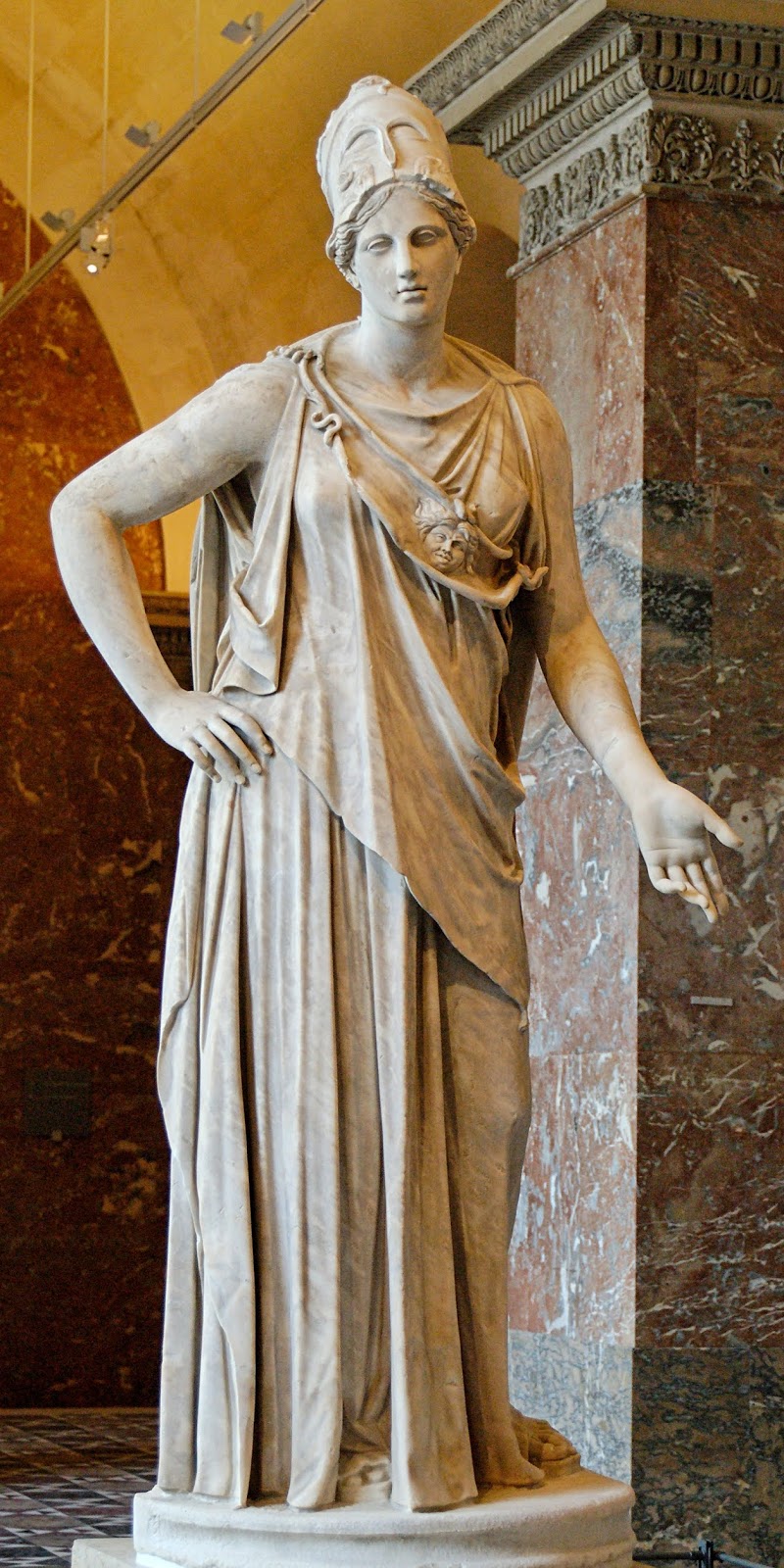Athena: The Goddess Of Wisdom, Warfare, And Craft
Athena, the Greek goddess, embodies the essence of wisdom, courage, and strategic warfare. Renowned for her intelligence and combat skills, she played a pivotal role in various Greek myths and legends. Often depicted with armor and accompanied by an owl, Athena symbolizes not only strength in battle but also the importance of knowledge and strategy. Her multifaceted nature has made her one of the most revered deities in ancient Greek culture, and her influence continues to resonate in modern society.
Athena's attributes extend beyond the battlefield; she is also the goddess of crafts, particularly weaving and pottery. The ancient Greeks celebrated her contributions through numerous temples and festivals, most notably the Panathenaea, which honored her patronage of the city of Athens. As the protector of the city, Athena was believed to guide its citizens toward prosperity and enlightenment, reinforcing her status as a goddess of wisdom and civic duty.
In this article, we will delve into the various aspects of Athena's character, exploring her origins, roles, and significance in Greek mythology. We will answer questions about what Athena represents, her influence on art and culture, and how she continues to inspire people today. Join us as we uncover the layers of this formidable goddess and her impact on both ancient and contemporary society.
What is the Biography of Athena?
Athena's origins are steeped in mythology, with various accounts detailing her birth and role among the Olympian gods. According to legend, she sprang fully grown and armored from the forehead of her father, Zeus, the king of the gods. This unusual birth signifies her close connection to wisdom and intelligence, as well as her unique position among the other gods.
| Attribute | Details |
|---|---|
| Name | Athena |
| Role | Goddess of Wisdom, Warfare, and Crafts |
| Parents | Zeus and Metis |
| Symbols | Owl, Olive Tree, Aegis |
| Consorts | None (Virgin Goddess) |
| Major Temples | Parthenon in Athens |
Athena God of What Aspects of Life?
Athena is often referred to as the goddess of wisdom, but her influence spans various domains of life. Below are the key aspects that define her character:
- Wisdom and Knowledge: Athena is revered as the embodiment of wisdom, representing rational thought and intelligence.
- Warfare and Strategy: Unlike Ares, the god of chaotic warfare, Athena symbolizes strategic battle tactics and disciplined combat.
- Craftsmanship: As the goddess of crafts, she is known for her skills in weaving, pottery, and other artistic endeavors.
- Civilization and Justice: Athena is often associated with the protection of cities and the promotion of justice and civic responsibility.
How Did Athena Influence Ancient Greek Culture?
Athena's impact on ancient Greek culture was profound. She was not only a religious figure but also a symbol of the ideals that the Greeks aspired to achieve. Here are some of the ways she influenced their society:
- Art and Architecture: The Parthenon, dedicated to Athena, is a masterpiece of ancient architecture and a testament to her significance.
- Literature and Philosophy: Athena's wisdom inspired countless works of literature and philosophy, influencing thinkers from Socrates to Plato.
- Festivals: The Panathenaic Festival celebrated Athena's contributions, fostering communal ties among the citizens of Athens.
Why Was Athena Worshipped in Ancient Times?
Athena was worshipped for several reasons that highlight her importance in the lives of the ancient Greeks. Some of these aspects include:
- Protector of Cities: As the patron goddess of Athens, she was believed to safeguard the city and its inhabitants.
- Giver of Skills: Many artisans and craftsmen sought her favor, believing she could enhance their skills.
- Symbol of Justice: Athena was revered for her fair judgment and was often invoked in legal matters.
What Are Some Myths Involving Athena?
Athena is central to numerous myths that illustrate her wisdom and strength. Here are a few notable stories:
- The Contest with Poseidon: Athena competed with Poseidon for the patronage of Athens, ultimately winning by offering the olive tree.
- Arachne's Challenge: In a tale about hubris, the weaver Arachne challenged Athena and was transformed into a spider for her arrogance.
- The Trojan War: Athena played a crucial role in the Trojan War, supporting the Greeks and providing them with strategic advice.
How Does Athena's Image Persist Today?
Even in contemporary culture, Athena's image and attributes continue to resonate. Here are ways in which her legacy endures:
- Modern Symbols: The owl, representing wisdom, is often used in educational contexts.
- Literary References: Athena is frequently referenced in literature, serving as a symbol of wisdom and female empowerment.
- Artistic Depictions: Artists continue to draw inspiration from her image, portraying her in various forms across different media.
In conclusion, the question of "Athena god of what" encompasses a range of domains, from wisdom and warfare to crafts and justice. Her multifaceted character has made her a vital figure in Greek mythology, influencing not only the ancient Greeks but also modern society. As we explore her stories and attributes, we gain a deeper understanding of the values she represents and the lessons her legacy imparts.
Evening Whispers: Quotes For Good Evening To Brighten Your Mood
Unraveling The Mystery Of Abby Hornacek's Spouse
Unveiling The Life Of Alexandra Daddario's Husband


